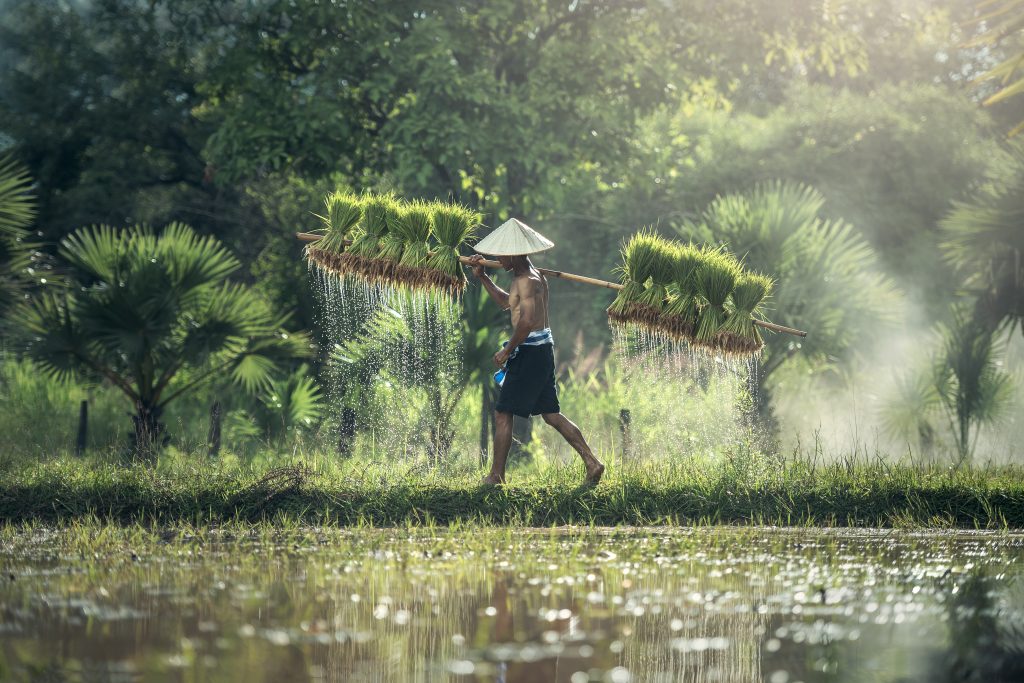
Rice has been a staple food crop for millions of people for hundreds of years. This important crop is now a major part of 20% of the world’s population, with it being grown on every continent except Antarctica.
Whilst rice is known to be an important part of our diet, recently published research has shown how rice can be used in a unique way; to clean chemical runoff from farms before it can enter local water sources.
Matt Moore, a USDA research ecologist at the Agricultural Research Service’s Water Ecology and Ecology Research Unit, Mississippi, was trying to address the environmental issue of surface runoff from pesticide use in fields. As water drains through these fields, the pesticides used can be transported away and into local rivers and lakes. It was through this attempt at devising an easy to use and cost-efficient method for reducing pesticide runoff that the filtering properties of rice were discovered.
“We wanted something that was common, that could be applied in a lot of different places, but something that’s non-invasive,” said Moore in ScienceDaily.
The investigation into the water filtering properties of rice involved planting four fields, two with and two without rice. These were then flooded with a mixture of commercially available pesticides and water to mimic chemical runoff usually found in flooded fields. The water quality was measured for the following two years. Interestingly, it was found that pesticide levels were lower in fields with rice, with levels dropping up to 85-97%.

The natural process of filtering by plants is known as phytoremediation, an ability some plants have evolved with to filter specific pollutants in the soil, air and water. Growing such plants on contaminated sites as a tool has shown to provide a service in cleaning low to moderate contaminated areas. The plant’s natural biological and chemical activities allows for the removal of metals, pesticides, crude oil and landfill leachates via complex transport systems.
This is believed to be the cause of the decreasing levels of pesticides in the runoff experiment sites. In the real world, this cleaning ability of rice has a number of applications. Firstly, by planting rice in drainage ditches on farms, the rice would filter water coming from the neighboring fields before it travels into local rivers and streams. There could also be the potential application of rice wetlands, diverting runoff into such fields so they naturally filter any pesticides out of the water before it travels onward.
One leading question that is hoped to be studied in the future is whether or not the chemicals filtered by rice plants travel, or are they stored in the grain? If the answer is no, then rice could become a natural water filter as well as remaining a major food source.
“It’s potentially huge for developing countries to be able to use this as a crop and water cleaning technology,” Moore said. “We’re just trying to use simple techniques that are easy for farmers, that are economical, that are still environmentally friendly.”
If you would like to more on this subject, please see the links below:
2 Comments
Leave a Reply
Related News & Blogs
Five yield-threatening pests and diseases of rice
Pests and diseases of rice are a significant constraint in rice production, accounting for up to 30% of yield losses. Rice is cultivated in over 100 countries and is a staple food source for over half the world’s population. Therefore, the sustainable…
28 November 2023

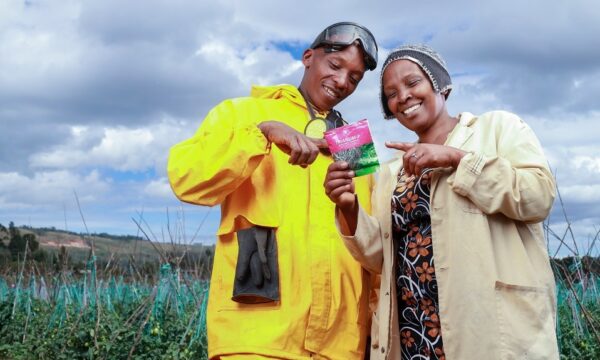
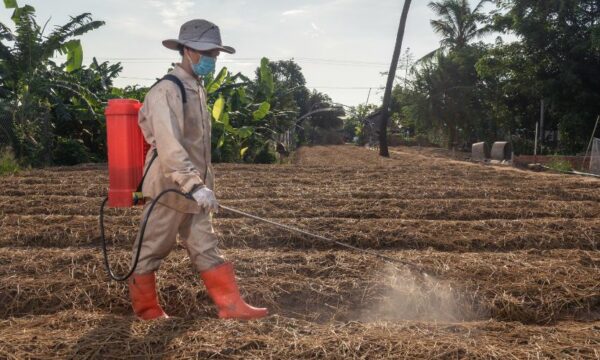
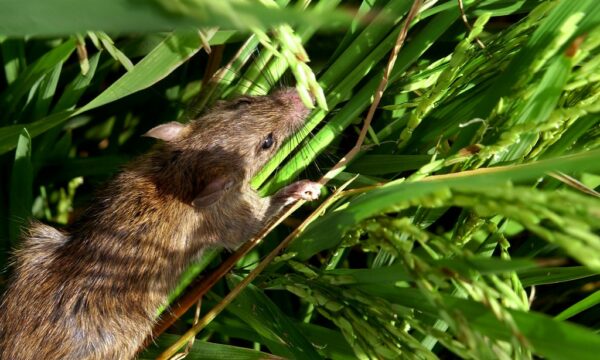
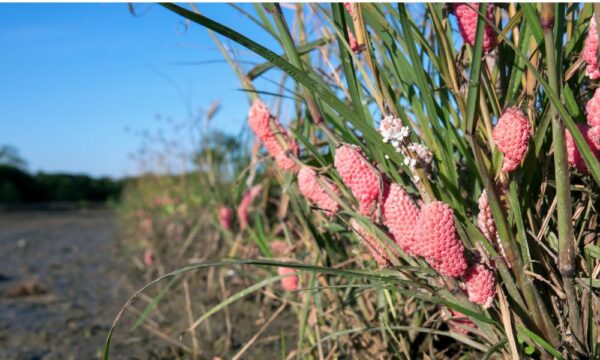
[…] Using rice to filter pesticide runoff […]
Wow this post is provide help hull information and proper guide